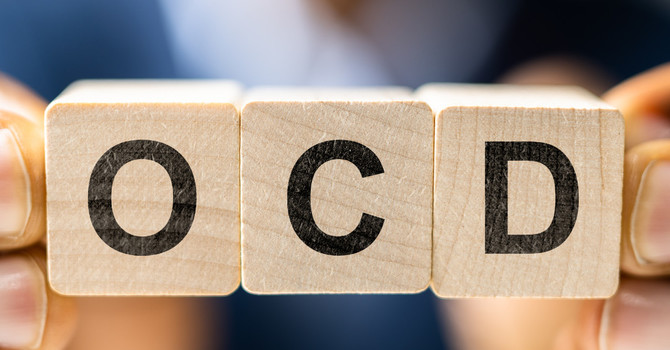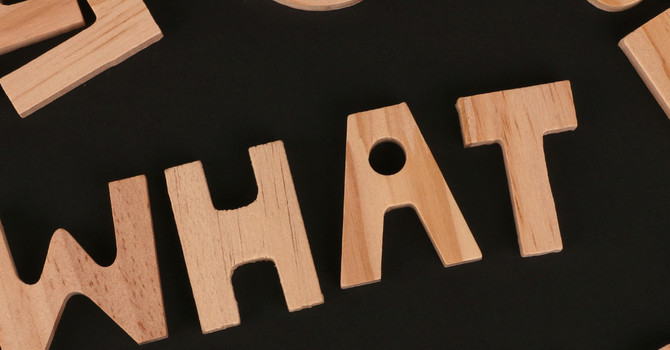
Understanding Emotional Resilience
Emotional resilience is the ability to adapt and bounce back when faced with stress, adversity, or trauma. It doesn’t mean that a person won’t experience difficulty or distress; it simply means they are better equipped to cope with and manage these challenges. Integrating self-reflection and self-awareness into daily practices can significantly enhance emotional resilience.
The Power of Self-Reflection
Self-reflection involves taking the time to think about, evaluate, and make sense of your thoughts, feelings, and behaviors. This practice can help you gain insights into your emotional patterns and triggers, making it easier to manage your responses to various situations.
- Journaling: Keep a daily or weekly journal where you can freely express your thoughts and feelings. This can help you identify recurring themes or triggers in your emotional life.
- Mindfulness: Spend a few minutes each day in quiet reflection or meditation. Focus on your breath, acknowledging your thoughts without getting attached to them. This practice can help you become more aware of your emotional state without judgment.
Enhancing Self-Awareness
While self-reflection focuses on understanding your internal experiences, self-awareness involves recognizing these experiences in real-time and understanding how they affect your interactions and daily life.
- Active Listening: Pay close attention not only to what others are saying but also to how you are feeling during conversations. Being aware of your reactions can help you manage your responses better.
- Body Scanning: Periodically scan your body for tension or discomfort. Often, physical sensations can be indicators of underlying emotional issues. Becoming aware of these can lead to better self-understanding.
Benefits of Emotional Resilience
Building emotional resilience through self-reflection and awareness leads to numerous benefits:
- Improved Relationships: Understanding and managing your emotions helps you communicate more effectively, fostering stronger relationships.
- Enhanced Problem-Solving: With a resilient mindset, you’re more likely to view challenges as opportunities for growth rather than insurmountable obstacles.
- Greater Emotional Stability: Regular self-reflection and awareness practices can lead to mood stability, making it easier to navigate life’s ups and downs.
Self-reflection and awareness are powerful tools for building emotional resilience. By regularly dedicating time to these practices, you can improve your capacity to manage stress, enhance your emotional well-being, and lead a more fulfilling life.
The content in this blog is for informational purposes only and is not a substitute for professional medical advice, diagnosis, or treatment. Always consult your doctor or a qualified healthcare provider before trying new healthcare protocols.



